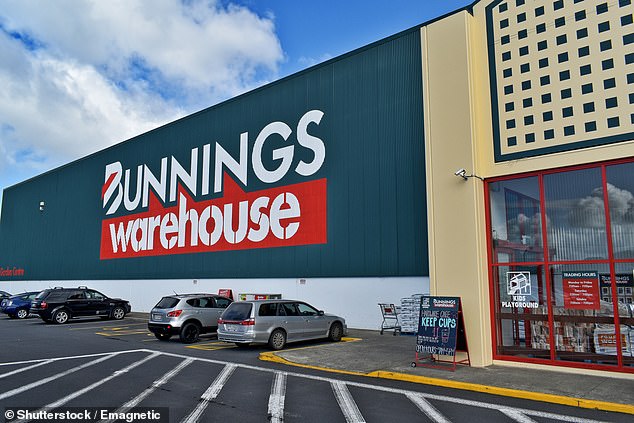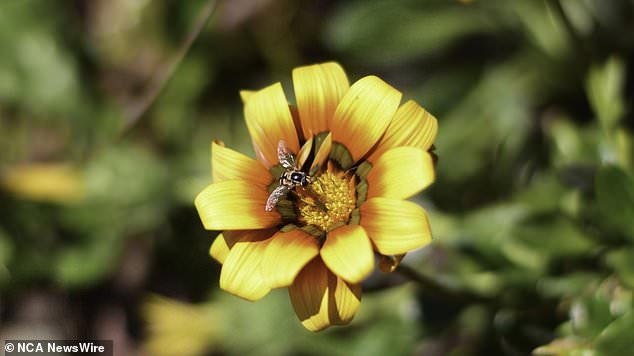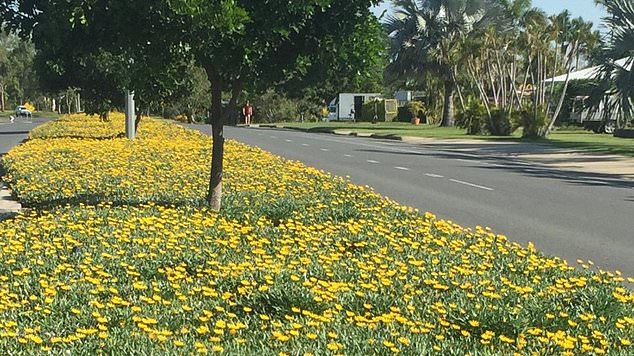Bunnings product called out by experts: ‘Ticking time bomb’
Nurseries across the country, including Bunnings, are selling plants that are considered a “highly invasive” weed, which one expert has described as a “ticking time bomb” for the Australian bush and ecosystem.
According to the Invasive Species Council, the majority of weeds in Australia have escaped from gardens, leading to the extinction of at least four plant species and costing the agricultural industry $4.3 billion annually to combat them.
According to Jack Gough, executive director of the Invasive Species Council, most Australians don’t realise that their gardens or fish ponds are often the source of highly invasive weeds that have yet to fully spread.
While industry bodies work tirelessly to protect Australia’s native bushland and biodiversity, Mr Gough said many of the 30,000 plants sold in nurseries across the country end up in local bushland.
“It’s a farce on all the work that’s done by landcare groups, by bushcare groups and by local governments who spend billions and billions of dollars every year on weed control across the country,” he said.
“While they are working hard to remove these problem species that are smothering the landscape, other species are being sold that are the next problem.”
Three quarters of all weeds on Australia’s list are escaped garden plants. According to Gough, legally sold plants such as ivy and gazania are ‘choking’ local forests.
“They tend to take over areas, they strangle them, they suppress the native plants. Where we have degraded areas, they can prevent those areas from regenerating and recovering,” he said.
‘The problem gets worse every year.’
Jack Gough, director of the Invasive Species Council, calls for tougher regulation of the sector

Gazania seeds are described as ‘hard and tough’ and sell for $5.50 at Bunnings
Ivy and gazania are both listed as ‘highly invasive’ on the Victorian government’s environmental weed list. However, both non-native plants are readily available from nurseries across the state.
Gazania seeds are described as ‘hard and tough’ and sell for $5.50 at Bunnings.
Cam Rist, merchandise director at Bunnings, said that ‘Bunnings, like many other nurseries and retailers, sold a ‘wide range of locally produced plants in our stores’.
“We are working hard to create a range that matches customer preferences and demand,” he said.
‘As always, we closely follow all relevant local biosecurity regulations and regulatory advice regarding the plants we sell.’
Mr Gough said the sale of invasive weeds was not just a ‘Bunnings problem’ but an ‘industry-wide problem’.
While Nursery and Garden Industry Australia has launched an initiative Let me grow insteada database that informs gardeners and nurseries about which plants are safe to buy and sell, Mr Gough said governments “have been fooled into thinking that industry self-regulation was the answer.
“It is completely unreasonable to expect the average Australian gardener to read all the small print to know where and when to plant something,” he said.

Despite being declared a highly invasive species, gazanias are sold in nurseries across Australia

Gazanias and other invasive species cost the agricultural industry $4.3 billion each year
‘This is something that needs to be driven by government, with clear regulation of the industry, so that Australian gardeners know that when they go to their local Bunnings or their local nursery … they are not turning their garden into a ticking time bomb for the local bush.’
Mr Gough welcomed the ‘leadership’ of Environment and Water Minister Tanya Plibersek in persuading all state and territory environment ministers to agree to develop a national plan to tackle the growing problem.
“We very much hope that this is the first step towards effective regulation,” he said.
‘There are thousands of safe plants available that allow people to have beautiful, varied gardens.
‘The horticultural and nursery sector will still thrive without new weeds spreading across this country. But to achieve that, we need top-down regulation.’
